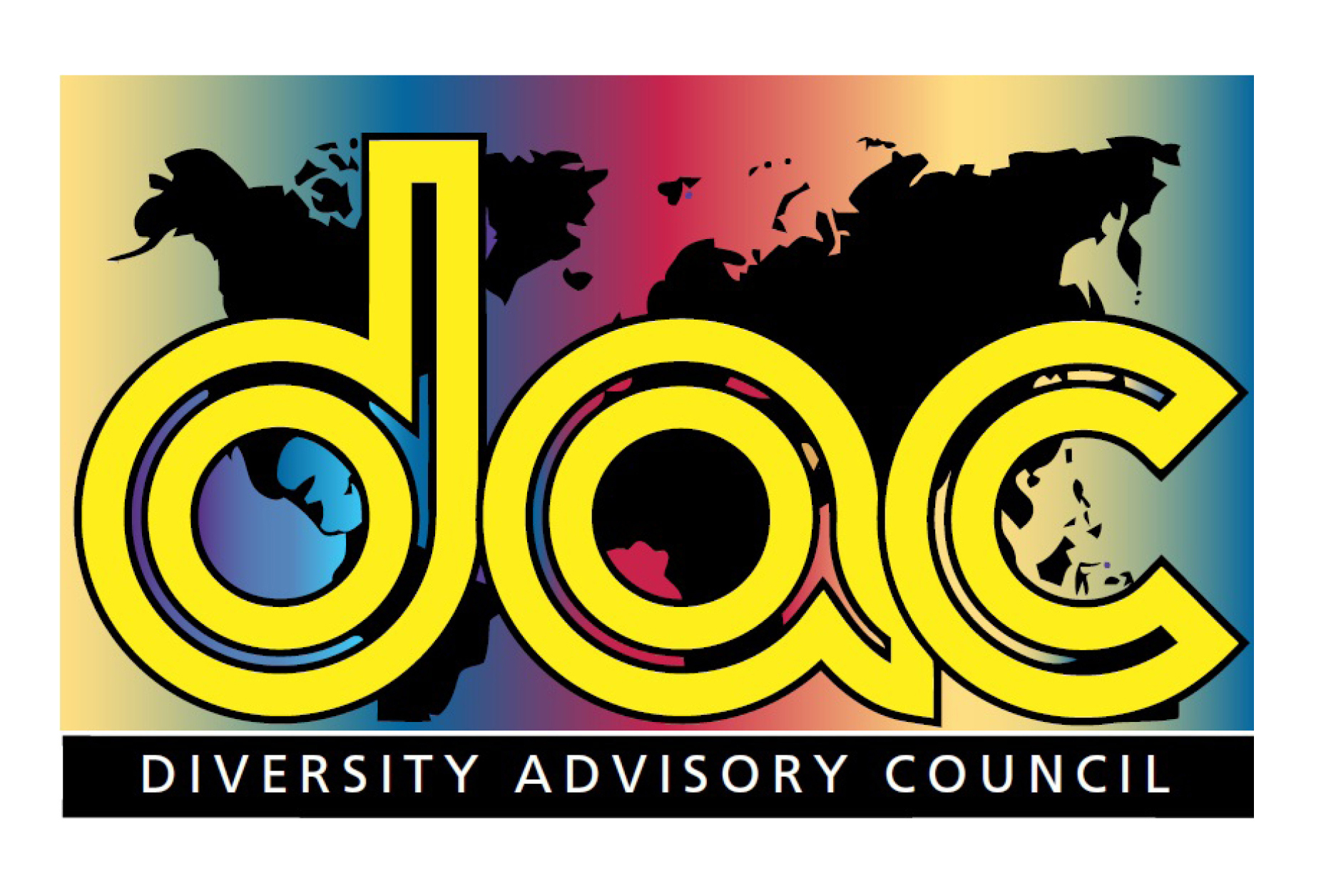Get Help
If you or a loved one needs help now, our caring staff are available. Reach out today.
Make a Referral
Complete our referral form for a person you support or family member in need of services
Donate
Join us in making lives better.
Sign Up for Our Mailing List
 Advocates holds the belief that diversity, equity, and inclusion add value to our organization and enriches the lives of our employees and the people we serve. We are committed to creating an agency-wide culture that embraces diversity, equity, promotes inclusion, and fosters cultural competence. As part of this commitment, we focus on our goals in these areas through our Strategic Plan for Diversity, Inclusion and Cultural Competence, Racial Equity Action Plan, diversity committees, and resources provided to our community.
Advocates holds the belief that diversity, equity, and inclusion add value to our organization and enriches the lives of our employees and the people we serve. We are committed to creating an agency-wide culture that embraces diversity, equity, promotes inclusion, and fosters cultural competence. As part of this commitment, we focus on our goals in these areas through our Strategic Plan for Diversity, Inclusion and Cultural Competence, Racial Equity Action Plan, diversity committees, and resources provided to our community.
The Diversity Advisory Council

Advocates’ Diversity Advisory Council (DAC) is open to and comprised of representatives from all areas of the Advocates community. Staff members lead monthly meetings with a focus on planning events, building awareness, and sharing information about diversity-related best practices and concerns. Learn More
Our Racial Equity Action Plan (REAP)
We are committed to building race equity within the Advocates Community and working to achieve racial justice in all the communities where we live and work. To solidify our efforts, we are developing a Racial Equity Action Plan (REAP).
Senior Leadership Team Diversity Subcommittee
The Senior Leadership Team Diversity Subcommittee provides guidance and oversight of all initiatives related to diversity, equity, inclusion, and cultural competence. Composed of senior-level staff, the Diversity Subcommittee meets monthly, sponsors quarterly diversity trainings for senior leaders, and promotes and upholds a core set of principles. Learn More
Justice and Social Action Resources
We value the efforts of the many grassroots, activist, and nonprofit organizations that share our vision and are working to make it a reality. We have curated a list of some of the local groups and events focused on social justice. Learn More
Definitions
Diversity is the many different perspectives, approaches, talents and aspirations that are represented within the Advocates’ Community. Diversity includes race, gender, gender identity and expression, ethnicity, nationality, age, sexual orientation, religion, ability, lifestyle, occupation, education, partnered status, geography, family status, and many other aspects of our backgrounds and identities. Some of our differences are unique to us as individuals and others connect us to groups of people
Cultural Competence is the ability of all of Advocates’ systems, both institutional and individual, to respond to the unique needs of populations whose cultures are different from that of the mainstream or “dominant” society. As a culturally competent agency, we strive to acknowledge and incorporate the importance of culture at all levels including our policies, procedures, administration and service delivery.
Cultural Competence comprises four components: (a) awareness of one's own cultural worldview; (b) knowledge of personal viewpoints, including attitudes and biases, towards cultural differences; (c) willingness to continuously learn about one’s own and different cultural practices and worldviews; and (d) development of cross-cultural skills (being resourceful and creative).
Striving to achieve cultural competence is a dynamic, ongoing, developmental process that requires a long-term commitment.
Equity is ensuring fair treatment, access, opportunity and advancement while at the same time striving to identify and eliminate barriers that have prevented the full participation of some groups within society. The essence of equity acknowledges that there are historically underserved and underrepresented populations, and that fair-minded treatment acknowledges what is necessary for the provision of effective opportunities for all groups.
Inclusion means aligning organizational vision, values, practices, policies, words and behaviors to achieve a culture where everyone welcomes and values differences, shares a common sense of purpose and feels empowered to perform at their highest level. It requires removing visible and invisible barriers that may limit the success of any individual.